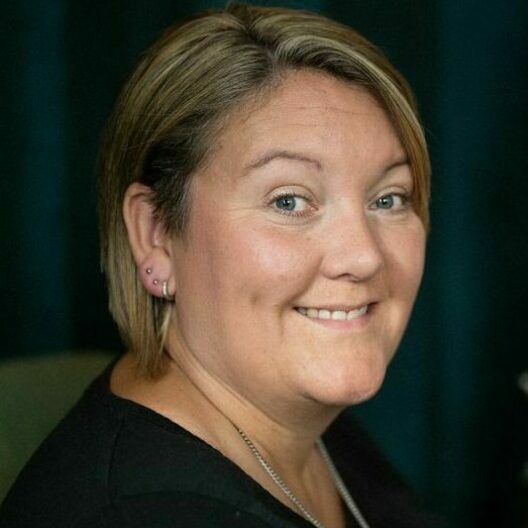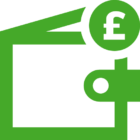
Although credit cards can help to build up your credit score and spread out costs, it can be easy to get into financial trouble if you struggle to repay what you owe. The credit card balance can rise as the interest is added, making it easy for the debt to quickly pile up.
We’re here to help, and to let you know that there are steps you can take to be in control of your finances.
Before you read this credit card debt blog…
It’s important to consider whether focusing on paying off your credit card debts is the best approach. If you have other debts besides credit card debt, or you’d need to stop paying some other things to be able to afford paying down your credit cards, then you may benefit from getting some debt advice first.
How to pay off credit card debt
If you’ve weighed it up and decided that you want to pay off your credit card debt, here’s how you could do it:
1. Work out how much you owe
The first step to paying off credit card debt can often be the hardest part of the process, as it involves acknowledging the situation you’re in. Gather together all the information you have about your credit card debt; if you have more than one credit card, write down how much you owe with each one, how much you need to repay each month, and each card’s interest rate.
2. Create a budget
It can be really easy to bury your head in the sand, but it’s important to know that by tackling your money worries head on, it can help pay off your credit card debt quicker. Start by downloading our free budget worksheet. This will help you track your income, expenditure, and see where you can cut costs to help pay off your credit card debt.
Make sure to still pay your essential costs, like your mortgage, rent, energy bills and council tax, for example. Not paying these fixed costs can have more serious consequences that could negatively impact you, such as being evicted from your home, going to prison, or your energy supply being potentially cut off.
3. Decide on a payment strategy
Some people use different methods to pay off their credit card debt, such as paying off the biggest debt first, spreading payments equally across each debt, getting a consolidation loan, or using savings to pay down some or all of their debts. Other people might prioritise the debt with the highest interest rate (APR), as that’s the one that’s growing quickly.
Others may opt to transfer their debt to another card — this is known as a balance transfer and some providers offer an initial period where they charge 0% interest. It’s important with this option not to miss the minimum repayments, as you may lose the interest-free benefit. You can use the MoneySavingExpert’s Credit Card Eligibility Calculator to see if you qualify.
If you’re in debt crisis, forget everything I’ve said and get help
Martin Lewis, speaking about 0% balance transfers
When weighing up all the available options, it’s up to you to decide on what will be the best plan for you.
It’s important to remember that if you are in a debt crisis, don’t follow this guidance, and instead get expert help.
4. Get free debt help
If you’re unsure how to pay off credit card debt, or any other debts you may have, don’t struggle alone. At CAP, our FCA-authorised debt advice service is free, and our expert debt advisors can help you with a debt solution tailored to you. We offer emotional support throughout the process, too, so you won’t feel alone on your journey out of debt.
Hear from Sam in her own words how it felt working with CAP to become debt free.

I think not having used a debt service before you assume it’s just a stranger, and paperwork, but it wasn’t like that at all. Our Debt Coach, Jonathan, is somebody now who we keep in touch with.
Sam, who became debt free through CAP in 2024
Answering your credit card debt questions
It depends on your financial situation whether paying off your credit card debt in full is the best option for you. This option may save you money in interest and charges, but it could mean that you won’t have money for any emergencies that may crop up.
Yes, it is possible, but whether you will or not will depend on a wide range of factors. When deciding whether to lend you money, a mortgage provider will look at your overall financial situation — e.g. your income and expenditure, your circumstances, the amount of debt you currently have, your credit history, and your savings. They will then make a decision on how much they would be willing to lend you and what rate of interest they would offer you. Your credit card debt will just be one part of that decision.
You may be able to negotiate with credit card companies if you’re struggling with paying back your debts, but if they do let you pay less, remember that this will show on your credit file. They’re likely to want to look at your household budget showing your income and living costs, like your priority bills, to inform the negotiation. Don’t struggle on your own if you’re unable to do this yourself; get in touch with CAP to get expert debt help today.








